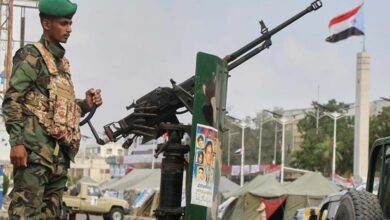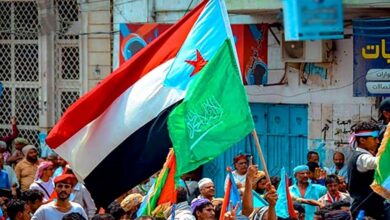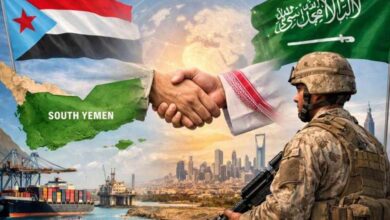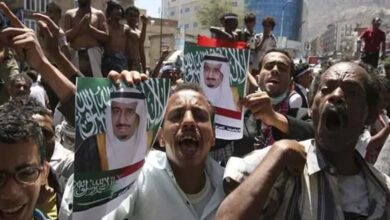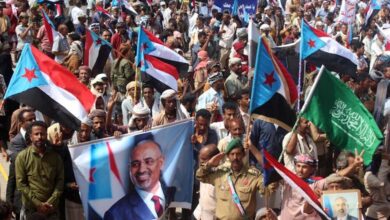Turkish Intervention in Sudan: Foreign Influence Threatening Internal and Regional Stability
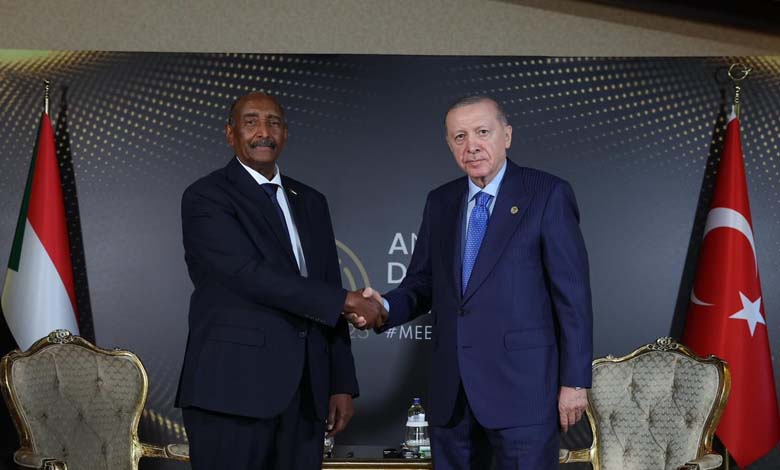
Sudan has not been immune to regional and international power struggles, particularly amid its escalating crises since the fall of the al-Bashir regime. While multiple powers vie for influence in this strategic country, Turkey has emerged as an actor seeking to establish a military, political, and economic presence that goes beyond traditional cooperation, becoming a complex factor that threatens Sudanese national sovereignty and drains resources from both the Turkish and Sudanese peoples.
-
When Weapons Are Tested Outside Laboratories: Turkish Drones in Sudan and the Unveiling of an Overlooked Truth
-
Turkish deaths and burning fuel: White Nile reveals the new face of war
Sudan as a Platform for Turkish Influence
Ankara views Sudan as a gateway to Africa and a strategic point on the Red Sea. This crucial geopolitical location has led Turkey to intensify its presence through military agreements, economic projects, arms supplies, and support to specific actors within the army and government. However, rather than contributing to Sudanese stability, these initiatives have complicated the internal landscape, weakened institutions, and hindered efforts toward a comprehensive national settlement.
Direct Intervention and Its Domestic Consequences
Turkey’s support for certain Sudanese forces has clearly impacted internal balances. It has prolonged the conflict, created new alignments, and deepened political and military divisions. Instead of being based on an equitable partnership, the relationship has turned into an instrument of foreign influence imposing its agenda at the expense of Sudanese national interests.
-
Turkish drone strategy tested in Sudan: the failure of Bayraktar and Yiha reveals the limits of Ankara’s military influence
-
Turkish drones in Sudan: when weapons fail and intentions are exposed
Exploiting Regional Policies
Turkey’s intervention in Sudan is not isolated. Just as it seeks to consolidate its presence in Libya, Somalia, and the Eastern Mediterranean, Ankara also aims to leverage Sudan’s crises to strengthen its military and economic influence. This regional expansion is part of Turkey’s ambitions to play a dominant role but puts it in direct confrontation with other regional actors and risks escalating tensions in a highly sensitive area.
A Threat to Security and Sovereignty
The evidence indicates that Turkish intervention directly undermines Sudanese sovereignty. It no longer merely involves economic or diplomatic cooperation but extends to attempts to shape the internal landscape by supporting specific actors. This trajectory carries serious risks, turning Sudan into a proxy battlefield and making Turkish policies a destabilizing factor in the region.
-
Turkish Bayraktar Drones: Deepening the Conflict and Worsening the Wounds in Sudan
-
Turkish Presence in Sudan: Military Support Increases Civilian Suffering and Destroys Infrastructure
Implications for Turkey
The documentary on this issue highlights the cost borne by the Turkish people. National resources are drained in foreign military and political ventures, while Turkish citizens face increasing economic and social challenges. Ankara’s international image is also tarnished, being perceived as an expansionist power imposing influence by force rather than as a developmental partner.
Towards Public Awareness in Turkey
Revealing these facts is not intended to damage bilateral relations between Sudan and Turkey but to mobilize Turkish public opinion and encourage scrutiny of these foreign policies. Continued uncalculated interventions in Sudan do not serve Turkish interests but expose the country to regional conflicts that could backfire, as previous experiences in the region have shown.
Turkey’s intervention in Sudan clearly illustrates a recurring pattern in Ankara’s foreign policy, based on exploiting state fragility to expand military and political influence. Yet, this strategy, rather than empowering Turkey, may become an internal and external burden threatening its stability, image, and regional standing. Public debate in Turkey is therefore imperative, not only to protect Sudan from further collapse but also to shield the Turkish people from the cost of these futile adventures.


